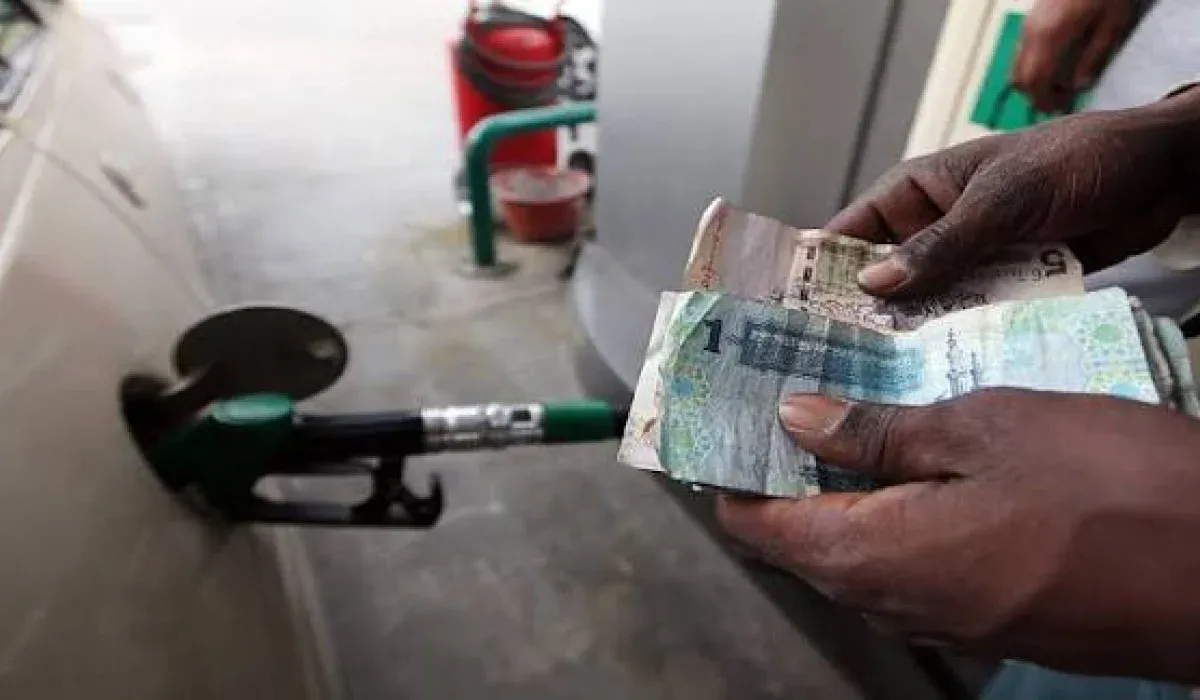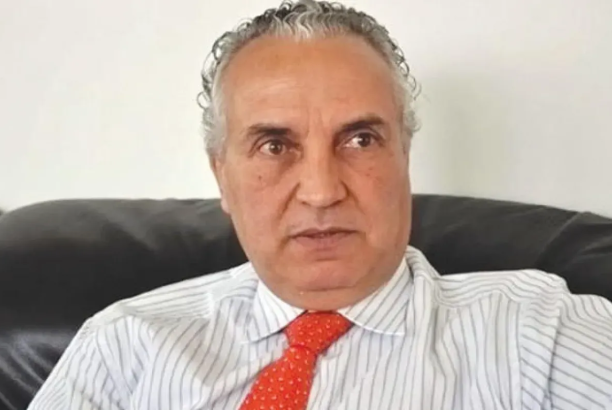
| News
The International Monetary Fund Publishes a Research Paper on Subsidy Reforms in Arab Countries
The International Monetary Fund has published a research paper on subsidy reforms in Arab countries, co-authored by Libyan economist Haitham Turok.
The paper noted that energy subsidies—whether for fuel, gas, or electricity—remain widespread across the Arab world, leading to significant financial, economic, and environmental costs.
Arab countries with more extensive energy subsidies tend to record, on average, lower productivity growth. At the same time, the experiences of Arab and other countries show that subsidy reforms can be implemented successfully.
According to the IMF, over the past decade, several Arab countries have initiated energy subsidy reforms, often accompanied by new or enhanced social support mechanisms designed to protect the most vulnerable groups from the impact of rising energy prices. Such compensatory measures and the redirection of financial gains toward social spending and development can help strengthen public support for these reforms.
Conversely, the timing and pace of subsidy removal plans are critical factors in minimizing disruptions and ensuring the sustainability of reforms. Complementary measures include improving governance and the business environment, supported by clear and proactive communication with citizens.





